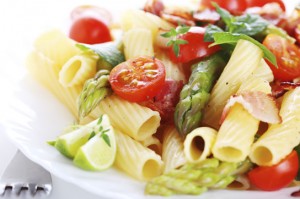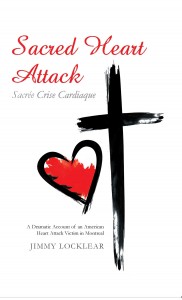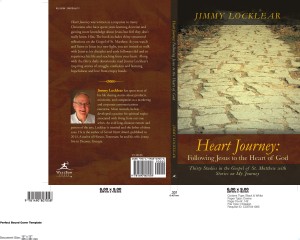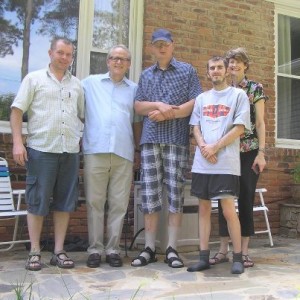It was about two and a half weeks after my heart attack that I was talking to Lauren, RN with United Healthcare, about what had happened and how my recovery was going. The conversation was a bit of an odd experience. If you ever have a major illness or medical emergency, these days, a nurse from your insurance company will likely call you to see how you are doing and to offer suggestions. In my case, it was a welcomed voice in the midst of a rather quiet time of not doing anything, but waiting for my body to get stronger. {Of course, I was reading a bit and I had started journaling the events of Montreal that would eventually become my book Sacred Heart Attack.}
At some point in our conversation, I told RN Lauren about all of the running I had done over the last five years and being fairly active all of my life. She said that it was probably my running and the strength of my heart and lungs that allowed me to come through the heart attack. “Otherwise, you might not have survived,” she said.
I had heard some similar words from a nurse at Sacred Heart Hospital in Montreal. This reminded me of the fragility of life.
It was around this same time that I was talking to one of my good friends who had just seen an email from me regarding my experience of a heart attack. Milton had just found the email when he was looking through his junk mail folder before deleting the unwanted missives. I had sent him the email a couple of weeks earlier and he was traveling out of the country at that time, but when he saw my email he immediately sent me a text message. Then he called me on the phone to talk.
After I told Milton what had happened, he shared how he had just a few days earlier been in an ambulance with his brother-in-law who was having a heart attack as a result of blockage in the same artery where mine occurred. He said that unfortunately his brother-in-law didn’t make it. “Jimmy, if you had 100% blockage of your ‘widowmaker’ artery, you are unusually blessed, brother,” he said. “God must have something else for you to do.”
Milton’s words have rung in my ear for many days. As have the stories I’ve heard many times upon sharing my experience.
There’s always a decision I had to make during the first few weeks and months when I would see someone I hadn’t seen since January 9th. Do I mention my heart attack or not? Especially when someone asked, “So, what’s new?” or “How have you been?”
Because I knew that my story, however brief, would lead to more questions or a story from the other person’s life. Whether someone shared about their personal heart event or someone they knew, they would feel compelled to share a story, Sometimes the story was happy and sometimes sad, but ultimately my story would become connected to theirs.
I’ll talk about this more in future chapters, but one of the things that seems to be important is sharing my stories publicly through my website and books. Not that God has made my life as a writer easier or the decisions on publishing simpler. And that’s been frustrating! I remember when I was a young Christian thinking that since God probably wanted me to have a platform for sharing my faith and being successful would provide that opportunity, it will probably be easier for me to be successful. Obviously, I had a me-centered theology at that point. In fact, it’s pretty much the opposite for most of us. But what has changed is my willingness to take risks. I have an internal conviction that publishing is something I’m called to and must do. Having survived the worst-case scenario, gives me courage as long as I can lean into that place on a consistent basis. The tendency is to feel better and better until I forget that I almost died and begin to live in the fears and anxieties of “normal.”
Before I close this chapter, I’m happy to encourage folks to run, walk, and exercise because while we may not be able to change our DNA or genome codes, we can change our weight and the strength of our lungs and heart. So, if you believe that coronary heart disease may be in your future, eat less and walk more, my friend!



